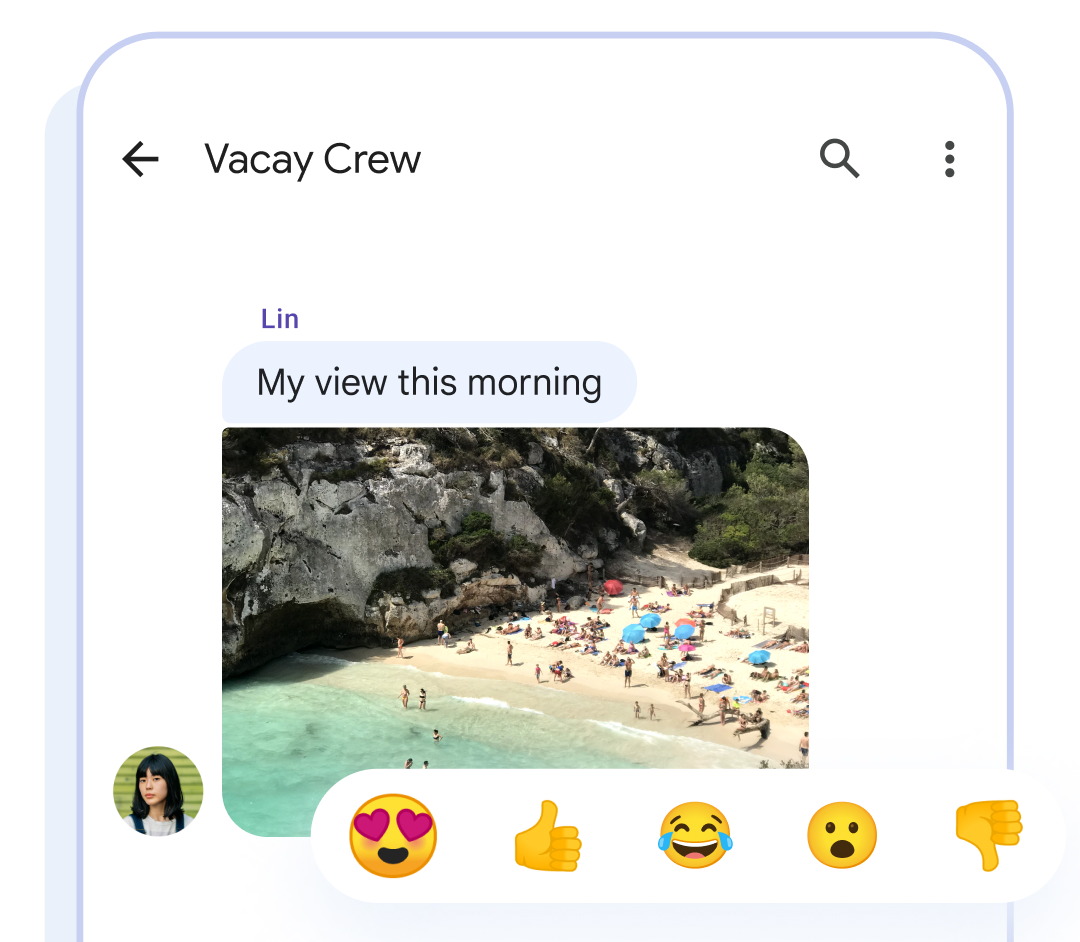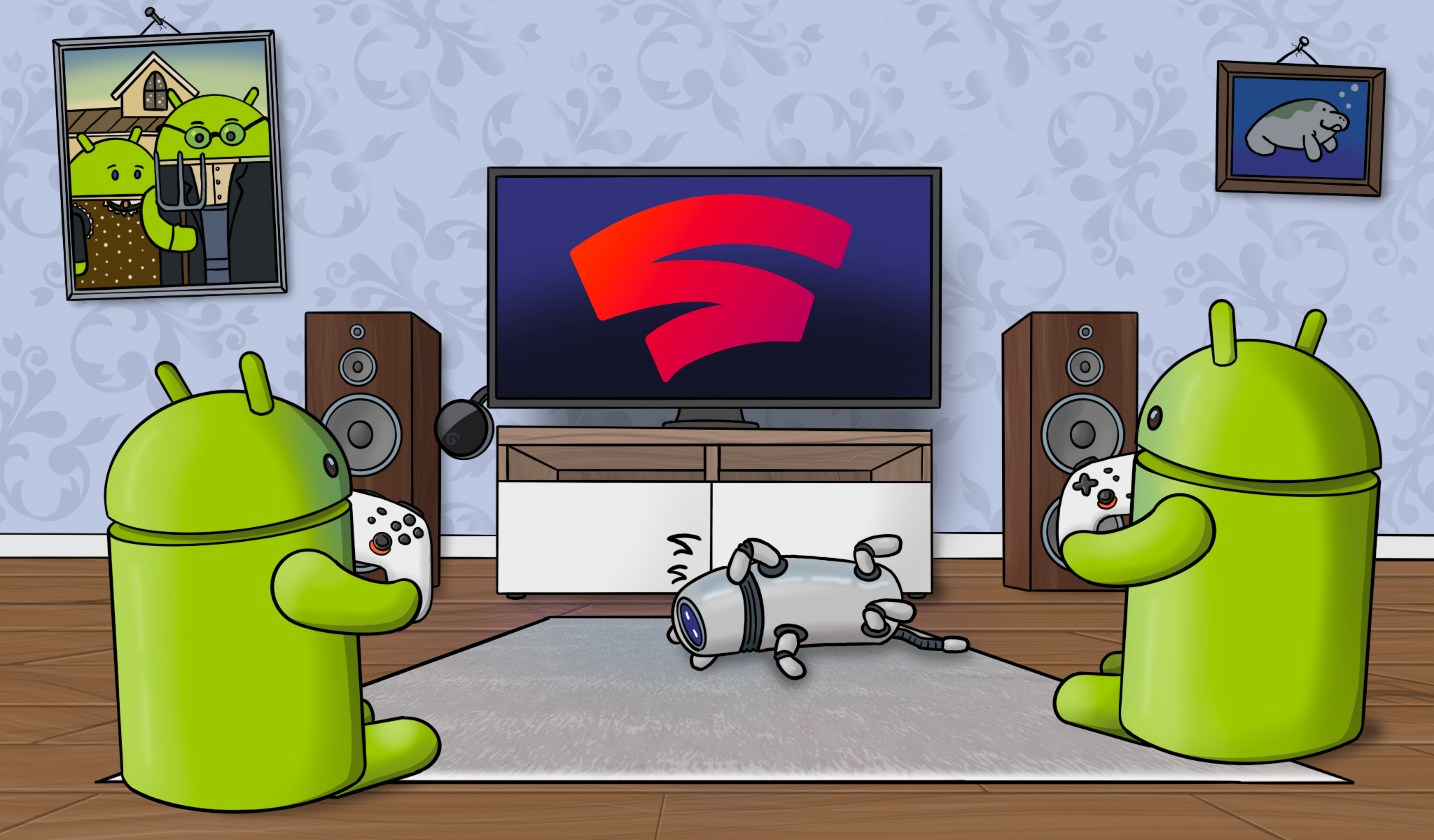
I en intervju med den amerikanska tidningen The New York Times så bekräftar Andy Rubin, VD för teknikutveckling på Google, att nästa version av Android (FroYo) kommer att ge fullt stöd för Flash 10.1.
He also promised that full support for Adobe’s Flash standard was coming in the next version of Android, code-named Froyo, for frozen yogurt (previous Android releases were called Cupcake, Donut and Eclair, and are represented outside Building 44 on the Google campus with giant sculptures of the desserts). Sometimes being open “means not being militant about the things consumer are actually enjoying,” he said.
I samma intervju diskuteras även Android som plattform och på frågan om Google räds fragmentering bland Android-enheter, så svarar Rubin att det är en naturlig utveckling med nya applikationer som inte alla kan vara kompatibla med gamla versioner av Android.
Han säger också att Google befinner sig i en unik sits då man utvecklar ett operativsystem där en applikation skriven för en telefon samtidigt skall gå att köra på en TV, och fliker in att man på Google därför har en bredare syn på vad ”kompatibilitet” innebär.
Of the fear that Android could “fork” into various different versions, making it difficult for application developers to create one program for all Android devices, Mr. Rubin compared the platform with every other PC operating system.
These systems naturally evolve, causing newer applications to not be compatible with older devices. “But compatibility for us means more than it does for other people,” Mr. Rubin said. “We have to run on a screen the size of a phone and a 42-inch plasma display — and still be compatible. I think we have the world’s first moment where an app written for phone can run on TV.”
Rubin menar också att konsumenten vill ha valfrihet och därför bryr sig huruvida en plattform är öppen eller stängd. En sluten plattform jämför han med en totalitär regim, en plats där innevånarna blir berövade sina valmöjligheter, och tillägger att han själv inte vill leva i Nordkorea.
Mr. Rubin also addressed many other topics — like whether consumers actually care if their mobile phone software is “open” or not. He insisted that they would, comparing closed computing platforms to totalitarian governments that deprived their citizens of choice. “When they can’t have something, people do care. Look at the way politics work. I just don’t want to live in North Korea,” he said.
Genom The New York Times och tack för tipset Jonathan


) 16
16






